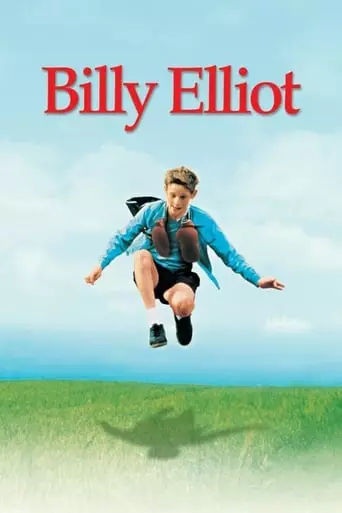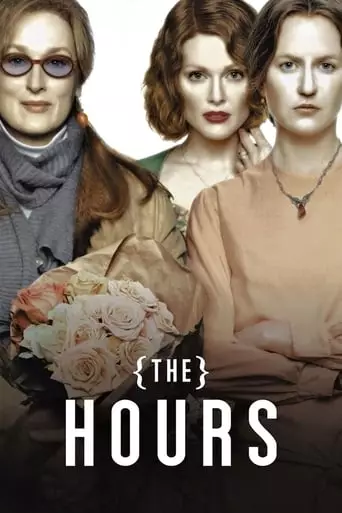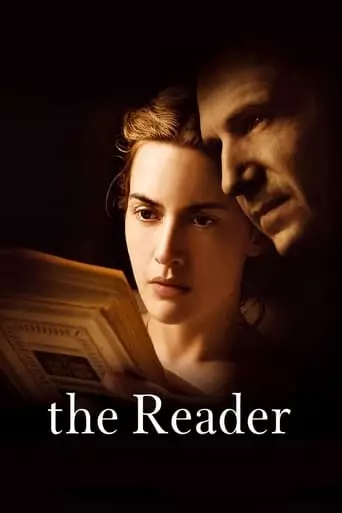Set in Brazil, three kids who make a discovery in a garbage dump soon find themselves running from the cops and trying to right a terrible wrong. Trash is a […]

Set in Brazil, three kids who make a discovery in a garbage dump soon find themselves running from the cops and trying to right a terrible wrong. Trash is a […]

A year after his father’s death, Oskar, a troubled young boy, discovers a mysterious key he believes was left for him by his father and embarks on a scavenger hunt […]

County Durham England 1984 the miners strike has started and the police have started coming up from Bethnal Green starting a class war with the lower classes suffering caught in […]

The Hours is the story of three women searching for more potent, meaningful lives. Each is alive at a different time and place, all are linked by their yearnings and […]

The story of Michael Berg, a German lawyer who, as a teenager in the late 1950s, had an affair with an older woman, Hanna, who then disappeared only to resurface […]
Stephen Daldry: A Master of Emotion and Elegance in Cinema and Theater
Stephen Daldry is an acclaimed British director whose work spans theater, television, and film. Known for his emotionally resonant storytelling and meticulous craftsmanship, Daldry has directed some of the most celebrated films of the 21st century, including Billy Elliot (2000), The Hours (2002), and The Reader (2008). His ability to draw powerful performances from actors and explore profound human themes has earned him numerous accolades and a reputation as one of the most accomplished directors of his generation.
Early Life and Career Beginnings
Stephen David Daldry was born on May 2, 1960, in Dorset, England. He developed an early interest in the arts and began acting in local theater productions during his youth. Daldry studied at the University of Sheffield, where he was active in the university’s theater scene, and later trained as an actor at the East 15 Acting School in Essex.
Daldry’s passion for directing emerged during his time at university, and he began working in theater, eventually becoming the artistic director of the Gate Theatre in London. His innovative productions at the Gate garnered critical acclaim and paved the way for his tenure as artistic director of the Royal Court Theatre, one of the most influential theaters in the UK. At the Royal Court, Daldry championed new playwrights and experimental works, solidifying his reputation as a visionary in the world of theater.
Transition to Film: Billy Elliot
Daldry made his feature film debut with Billy Elliot (2000), a heartwarming and poignant story about an 11-year-old boy from a working-class family in Northern England who discovers a passion for ballet. The film, set against the backdrop of the UK miners’ strike in the 1980s, explores themes of identity, ambition, and resilience.
Billy Elliot was a critical and commercial success, earning three Academy Award nominations, including Best Director for Daldry. The film’s emotional depth, combined with its vibrant performances and compelling narrative, established Daldry as a director with a keen ability to connect with audiences.
The Hours: A Literary Triumph
In 2002, Daldry directed The Hours, an adaptation of Michael Cunningham’s Pulitzer Prize-winning novel. The film weaves together the lives of three women across different time periods, linked by Virginia Woolf’s novel Mrs. Dalloway. Starring Nicole Kidman, Julianne Moore, and Meryl Streep, the film is a meditation on mental health, creativity, and the constraints of societal expectations.
Daldry’s direction was widely praised for its sensitivity and sophistication, and The Hours received nine Academy Award nominations, including Best Picture and Best Director. Nicole Kidman won the Oscar for Best Actress for her portrayal of Virginia Woolf, and the film remains one of Daldry’s most celebrated works.
The Reader: Ethical Complexity and Emotional Weight
In 2008, Daldry directed The Reader, based on the novel by Bernhard Schlink. The film tells the story of a young man’s relationship with an older woman, Hanna Schmitz (played by Kate Winslet), whose dark past as a Nazi guard comes to light years later. The film explores themes of guilt, morality, and the long-lasting impact of history.
The Reader earned five Academy Award nominations, including Best Picture and Best Director. Kate Winslet won the Oscar for Best Actress for her nuanced performance. Daldry’s handling of the film’s complex moral questions and his ability to balance intimacy with historical gravity demonstrated his skill as a director capable of tackling challenging material.
Expanding Horizons: Theater and Television
While Daldry’s film career flourished, he continued to work in theater, directing acclaimed productions such as The Inheritance, An Inspector Calls, and Billy Elliot the Musical, which became a global phenomenon. His work in theater has earned him multiple Tony Awards and Olivier Awards, underscoring his versatility as a storyteller.
In television, Daldry directed episodes of the critically acclaimed Netflix series The Crown, further showcasing his ability to work across different mediums. His contributions to the series were lauded for their cinematic quality and attention to historical detail.
Themes and Style
Stephen Daldry’s work is characterized by its emotional depth, elegant visual style, and focus on complex characters. His films often explore themes such as:
Identity and Self-Discovery: From Billy’s journey to embrace his passion for dance to the intertwined lives of the women in The Hours, Daldry’s characters often grapple with questions of identity and purpose.
Historical and Social Context: Daldry’s films frequently examine the impact of historical events and societal norms on individual lives, as seen in The Reader and Billy Elliot.
Empathy and Human Connection: Central to Daldry’s storytelling is a profound empathy for his characters, allowing audiences to connect with their struggles and triumphs on a deeply personal level.
Visually, Daldry’s films are marked by their polished cinematography, meticulous production design, and evocative use of music. His collaborations with composers such as Philip Glass (The Hours) and Nico Muhly (The Reader) have resulted in memorable scores that enhance the emotional resonance of his films.
Legacy and Influence
Stephen Daldry’s ability to move seamlessly between theater, film, and television has made him a rare talent in the entertainment industry. His work has been celebrated for its emotional intelligence, artistic integrity, and commitment to telling stories that matter. As a director, Daldry has consistently pushed the boundaries of storytelling, whether through intimate character studies or grand historical narratives.
His impact on both stage and screen continues to inspire a new generation of filmmakers and theater practitioners, and his dedication to exploring the complexities of the human experience ensures that his work remains timeless.
Conclusion
Stephen Daldry’s career is a testament to the power of storytelling to illuminate the human condition. With his ability to craft deeply moving narratives and elicit extraordinary performances from actors, Daldry has become one of the most respected directors in contemporary cinema and theater. His films, from the heartfelt Billy Elliot to the thought-provoking The Reader, continue to captivate audiences and affirm his place as a master of his craft.